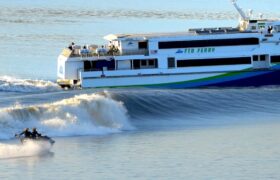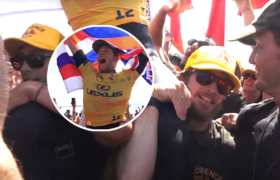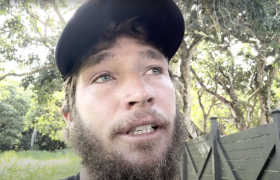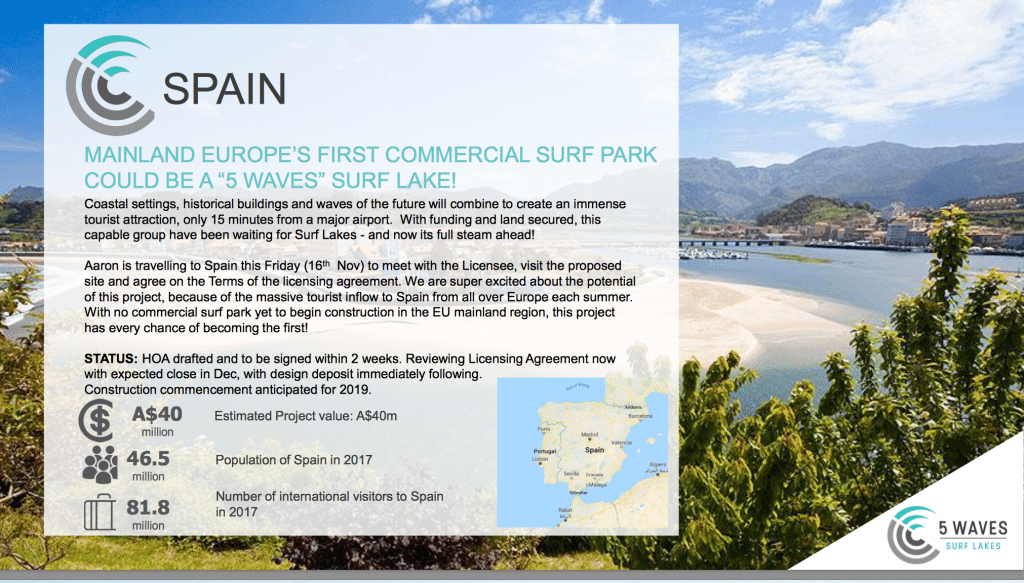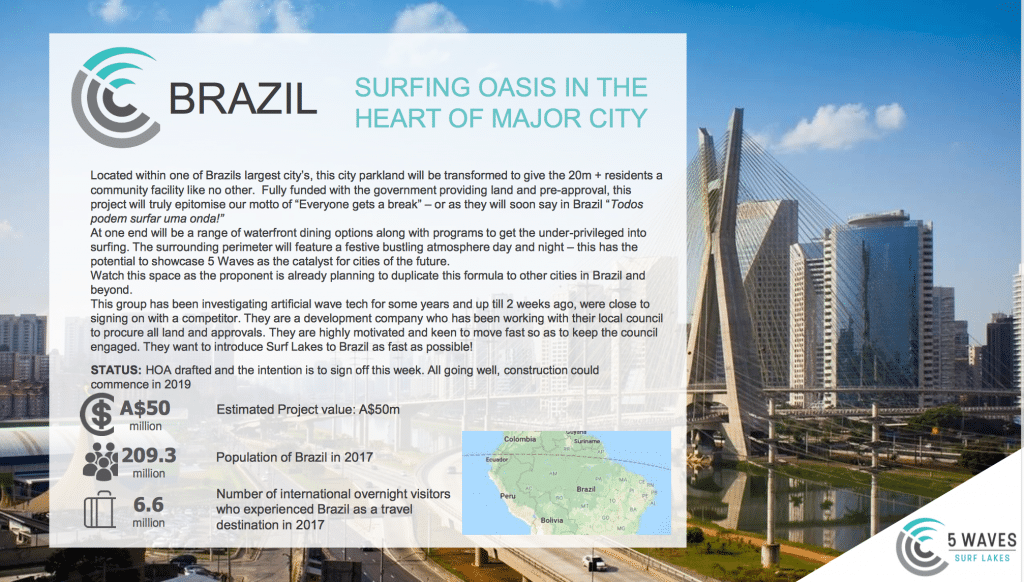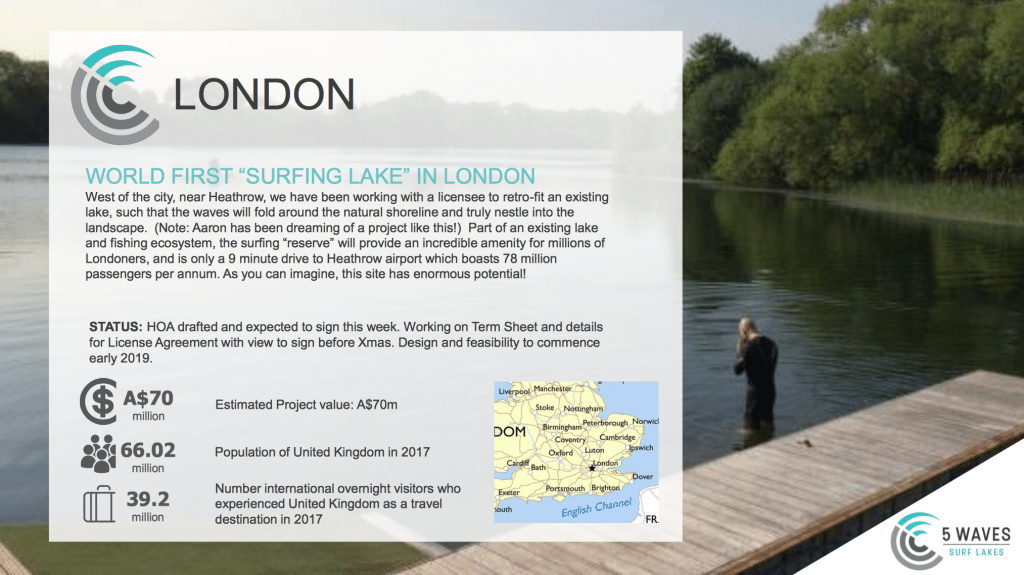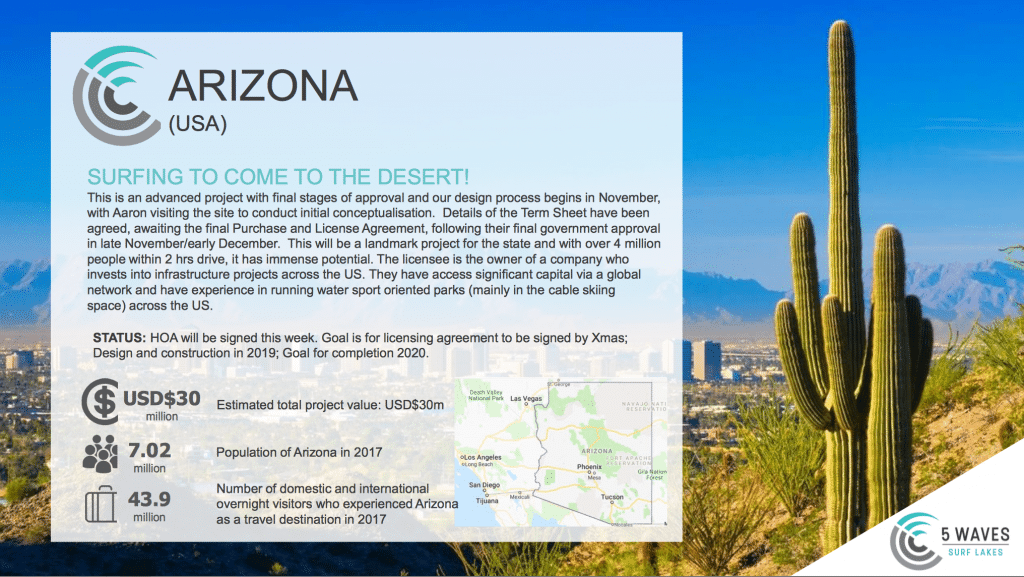"And it took out my home with an almost personal
vengeance..."
Jamie Brisick is one of my very favorite
writers and he also just so happens to write about surf.
He is also the only writer, who also happens to write about surf,
to ever make my wife cry through the sheer power of words. I don’t
know why but Revealed: World Number 2
Lakey Peterson Heir to the Vast Egg McMuffin Legacy!
doesn’t crank the waterworks.
Am I jealous? I suppose in the same way that Oasis is jealous of
The Beatles i.e. clearly out-classed at every corner so… no. And
Brisick’s piece in today’s The New Yorker further
establishes his John Lennon credentials (as opposed to my Noel
Gallagher’s). Let’s not waste anymore time. Let’s slip right in to
something a bit more comfortable.
The text message came just before 7 a.m.: “Mandatory
evacuation for the entire city of Malibu.” I grabbed my car keys,
wallet, phone, laptop, writing stuff, and a change of clothes. It
was Friday, November 9th. I was not worried. Malibu gets a fire
nearly every year. Never do they creep down the Santa Monica
Mountains, leap the Pacific Coast Highway, and take out homes where
I live, in Point Dume.
But this one did. And it took out my home with an almost
personal vengeance. Watching KTLA news with a friend in his Venice
Beach studio the following evening, he pointed at the screen. “That
looks like your house.” The camera zoomed in. “That’s definitely
your house.” The shot—a firefighter blasting water at my inflamed
bedroom—would play on repeat throughout the weekend. I became a
kind of poster child for the Woolsey Fire.
The next few days threw into sharp relief my conflicted
relationship with Malibu life. Many of my fellow-evacuees landed
comfortably in Venice and Santa Monica. I received invitations to
festive dinners and brunches at upscale eateries. Designer fashion
labels offered free clothes to folks who’d lost their homes. A
two-hundred-and-fifty-dollar gift certificate for luxury bedding
showed up in my in-box. Compared to the extreme loss of life in the
Camp Fire, it felt way too easy. Even in evacuation mode, we kept
up our tenor of self-congratulation.
Meanwhile, I could not get back into Malibu. Roads were
closed on the north, south, and valley sides. The “stayers,”
several of them surfer friends of mine, posted on social media
about “never feeling a stronger sense of purpose” and “being
honored to serve their community.” The Point Dume Bomberos, a
vigilante group that formed in the fire, were saving houses.
Supplies were coming in by boat; surfers were paddling them to
shore on longboards. Malibu moms were cooking up hot meals in
jury-rigged kitchens. I was hit with a sense of fomo/shame. I’d got
out of the fire, and now all I wanted was to get back into the
fire.
I got in the following day with a makeshift press pass.
Driving west past Surfrider Beach, the Pacific Coast Highway eerily
quiet, I watched a set of waves peel across First Point, no riders.
Malibu is one of the most crowded breaks on earth. The road closure
would create empty lineups akin to the pre-“Gidget” days. I reached
back and pawed the nose of my five-ten twin fin.
I passed places of great personal significance: the surf
spot where I got my first tube, in 1978; the former home of the
Malibu Inn, where in my tormented teens I consumed a half decade’s
worth of soggy oatmeal and burnt coffee hoping to get closer to a
particular waitress; the rocky outcropping where my late wife and I
shared one of our last meals together, a picnic of cheese and
avocado sandwiches, the shore break slapping and hissing below our
feet. I started surfing in the late seventies. Malibu was my
playground; it’s as close to my heart as any geographical place I
can think of. But to be a surfer is to be a traveller. In my early
twenties, I started travelling, and pretty much kept
travelling.
The first sightings of the fire were just north of
Pepperdine University. The charred hills took on a certain
vulnerability, vegetation gone, trees skeletal, bald black curves
in the midday sun. Born and raised in L.A., now fifty-two, I have
come to understand that it’s essentially a race between the Santa
Ana winds and the rain. If the rain comes first, the fire hazard is
mitigated. But, if the fires come first, as they had now (and as
they did last year, with the Thomas Fire and the ensuing mudslides
in Montecito), we’re in big trouble.
Read the rest
here!
